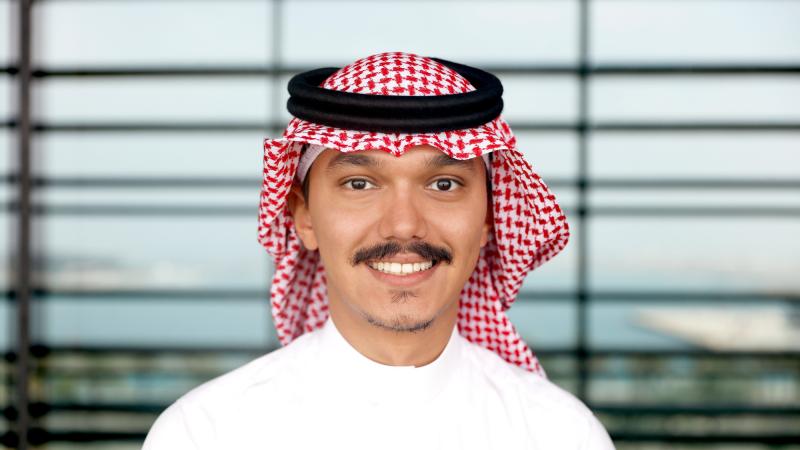KAUST Ph.D. graduate wins best paper award at prestigious Euro-Par 2020

Dr. Tariq Alturkestani, KAUST Saudi PhD graduate, won the best paper award at the prestigious international conference Euro-Par 2020
The submission was based on Alturkestani's doctoral thesis project which focuses on overlapping I/O and compute in large-scale scientific computation using multilayered buffering mechanisms.
"Ph.D. is about pushing limits. It takes years of designing, implementations, engineering and hard work," said Tariq Alturkestani, Ph.D. graduate at the KAUST Extreme Computing Research Center (ECRC). "To be recognized by the research committee in a prestigious conference at the finish line of my Ph.D. journey is an honor and an inspiration for me to push the limits further."
Alturkestani's work utilizes new emerging storage technology such as node-local and remote-shared Solid-State Drive (SSD), Non-volatile Memory (NVMe) and High Bandwidth Memory (HBM).
The project re-evaluates the computer-based method Reverse Time Migration (RTM) used by geoscientists to explore seismic data for oil and gas explorations. This method requires storing huge amount of data before calling it back in stages and correlating with later available data to create the desired output image. Making RTM run faster translates into an increase in capacity for seismic simulations and eventually obtaining subsurface images to characterize the presence of hydrocarbons with higher fidelity.
The paper was co-authored with Professor David Keyes, director of the ECRC and professor of applied mathematics and computational science, and Dr. Hatem Ltaief, principal research scientist at ECRC.
"Dr. Keyes and Dr. Ltaief have always challenged my ideas and therefore helped to shape them. Working at the Extreme Computing Research Center has opened the doors for me to access world-class supercomputers and to collaborate with industrial partners to bring my research to reality," Alturkestani said.
KAUST prides itself on being a hub for Saudi talent in the field of supercomputing. The University is home to the second most powerful supercomputer in the Middle East. And it is also home to Saudi scientists who have made headlines over the past year in the area of extreme computing research including the prestigious Gauss Award that went to two Saudi female scientists—Ph.D. graduate Dr. Noha Al-Harthi and Ph.D. candidate Rebab Alomairy.
"Coming on the heels of the German Computing Center Gauss Award in June 2020 at ISC20, which was awarded to a paper lead-authored by two Saudi women Ph.D.s at KAUST, this shows how hosting a supercomputer attracts talent from the Kingdom and allows it to demonstrate itself in global forums," said Keyes.
Euro-Par is the prime European academic conference that covers parallel and distributed processing since 1995. This year's meeting, which was set to have been held in Poland, took place virtually due to the COVID-19 pandemic.
Related stories:
- KAUST scientists win prestigious Gauss Award for supercomputing excellence
- Shaheen II open to serve COVID-19 research around the Kingdom
- Bringing supercomputing on demand to the world

